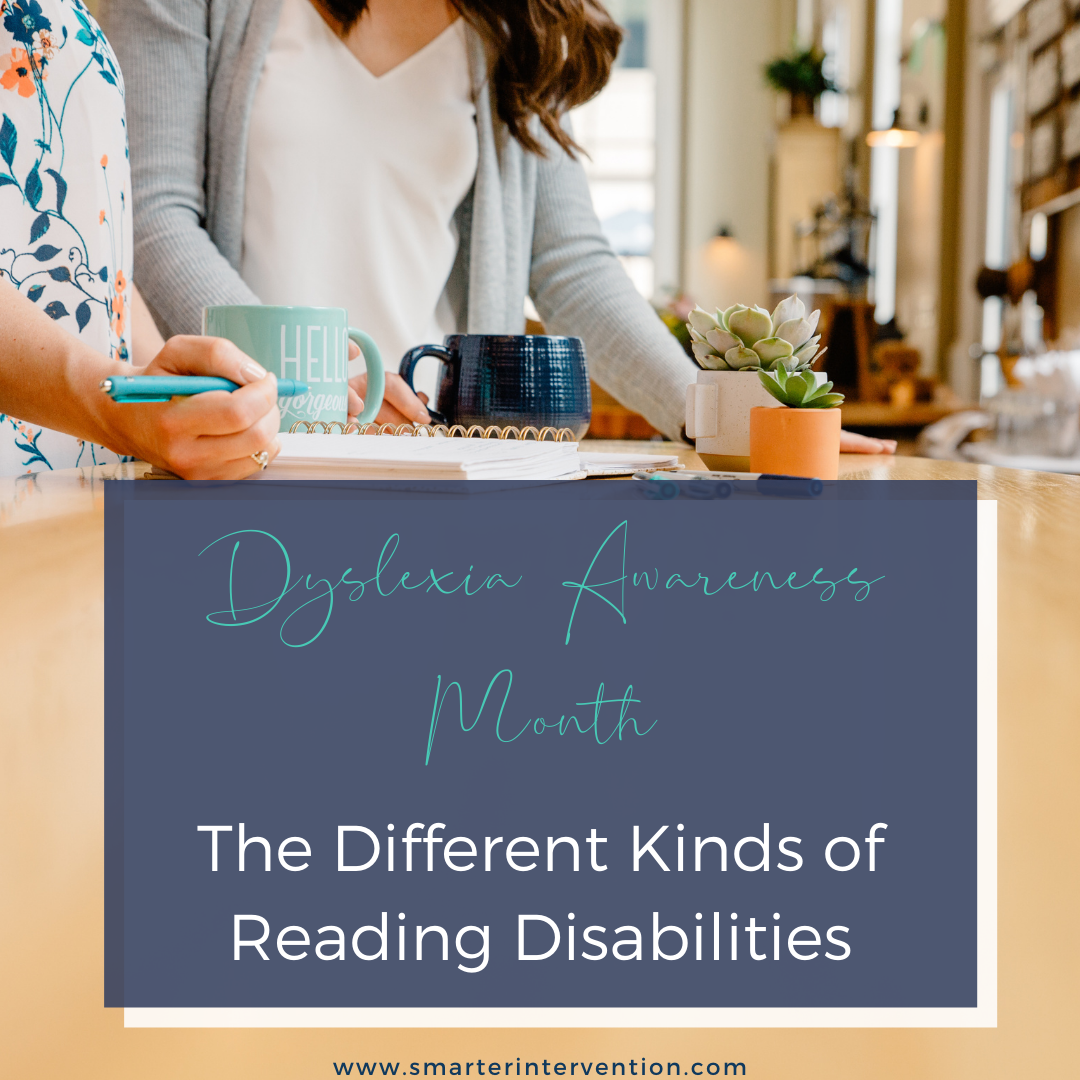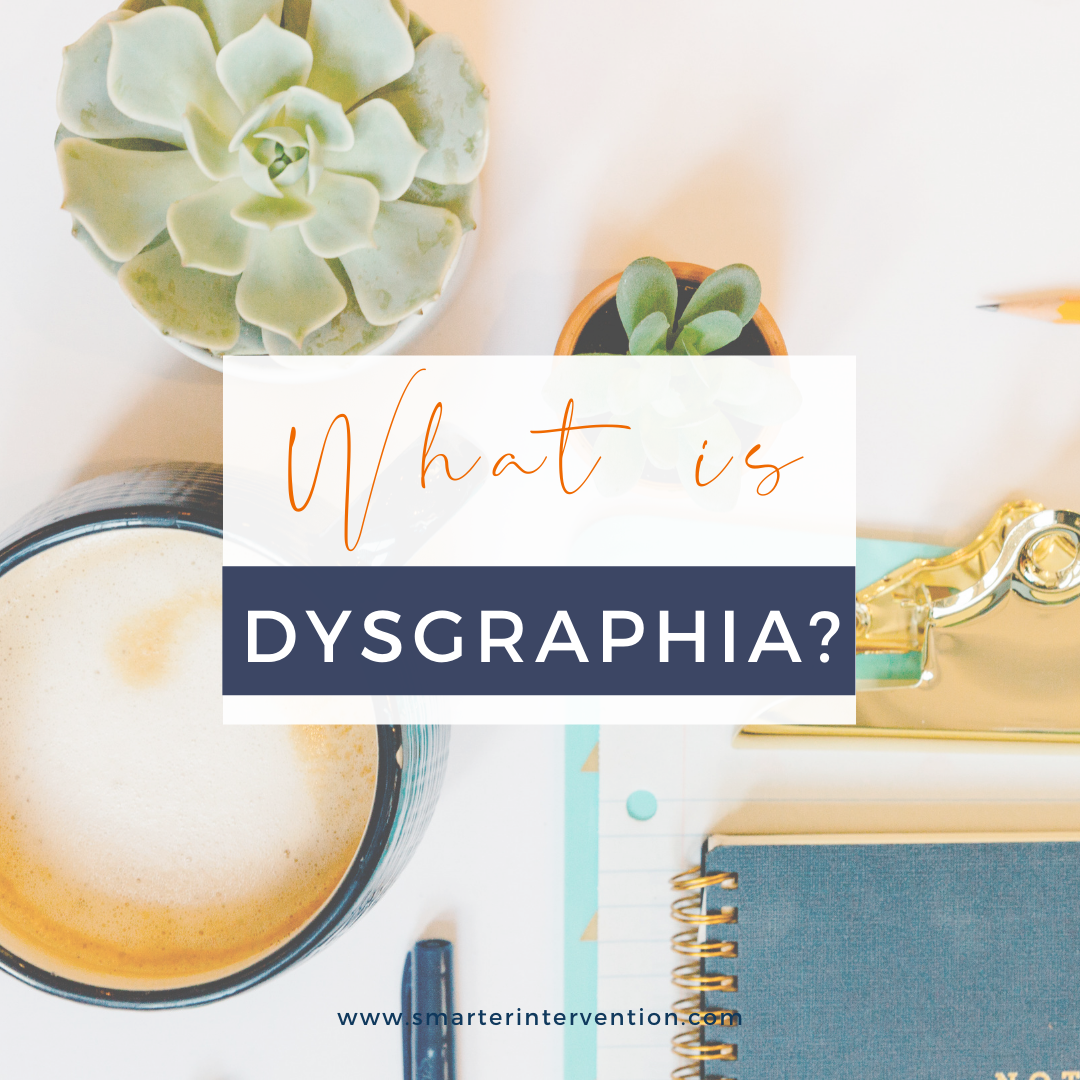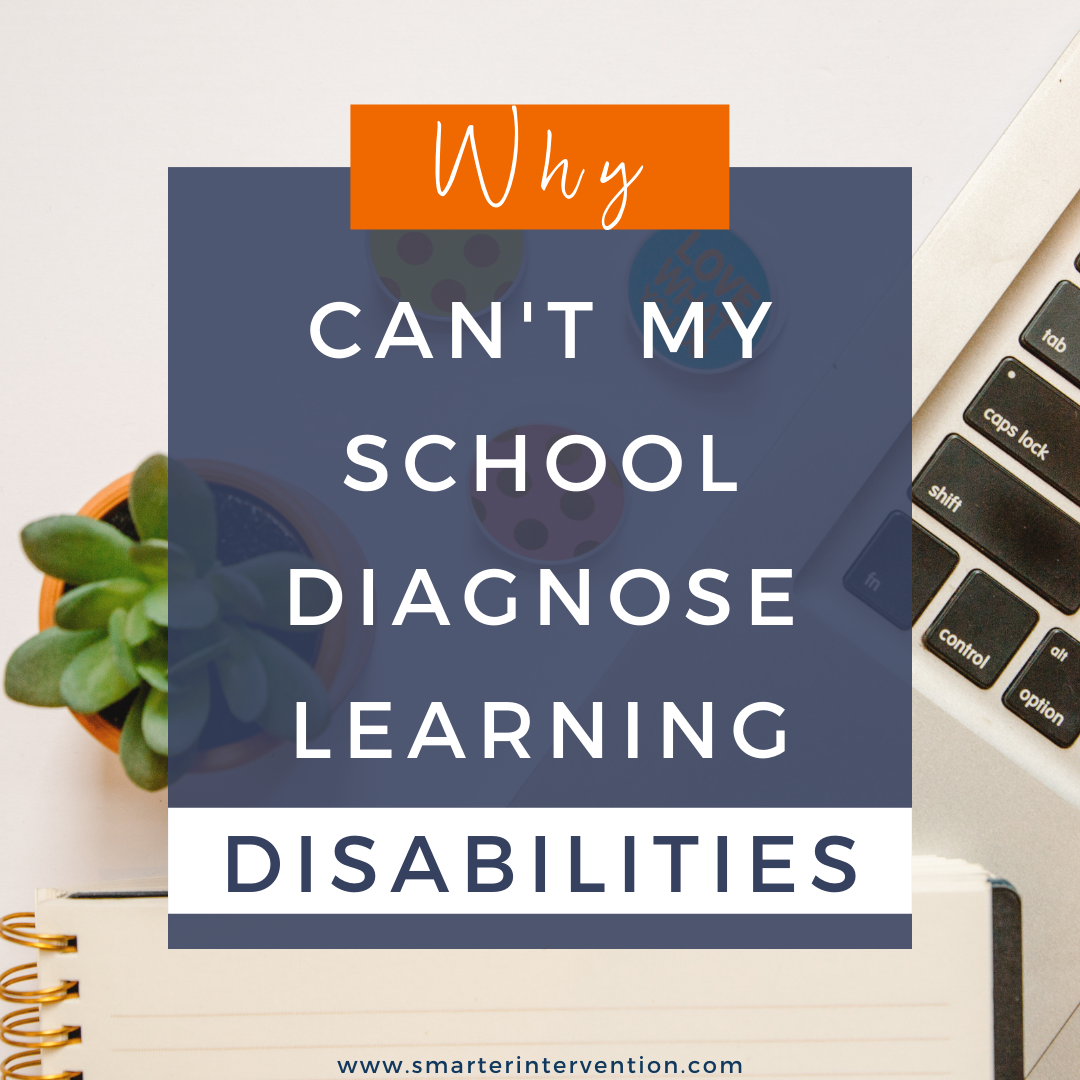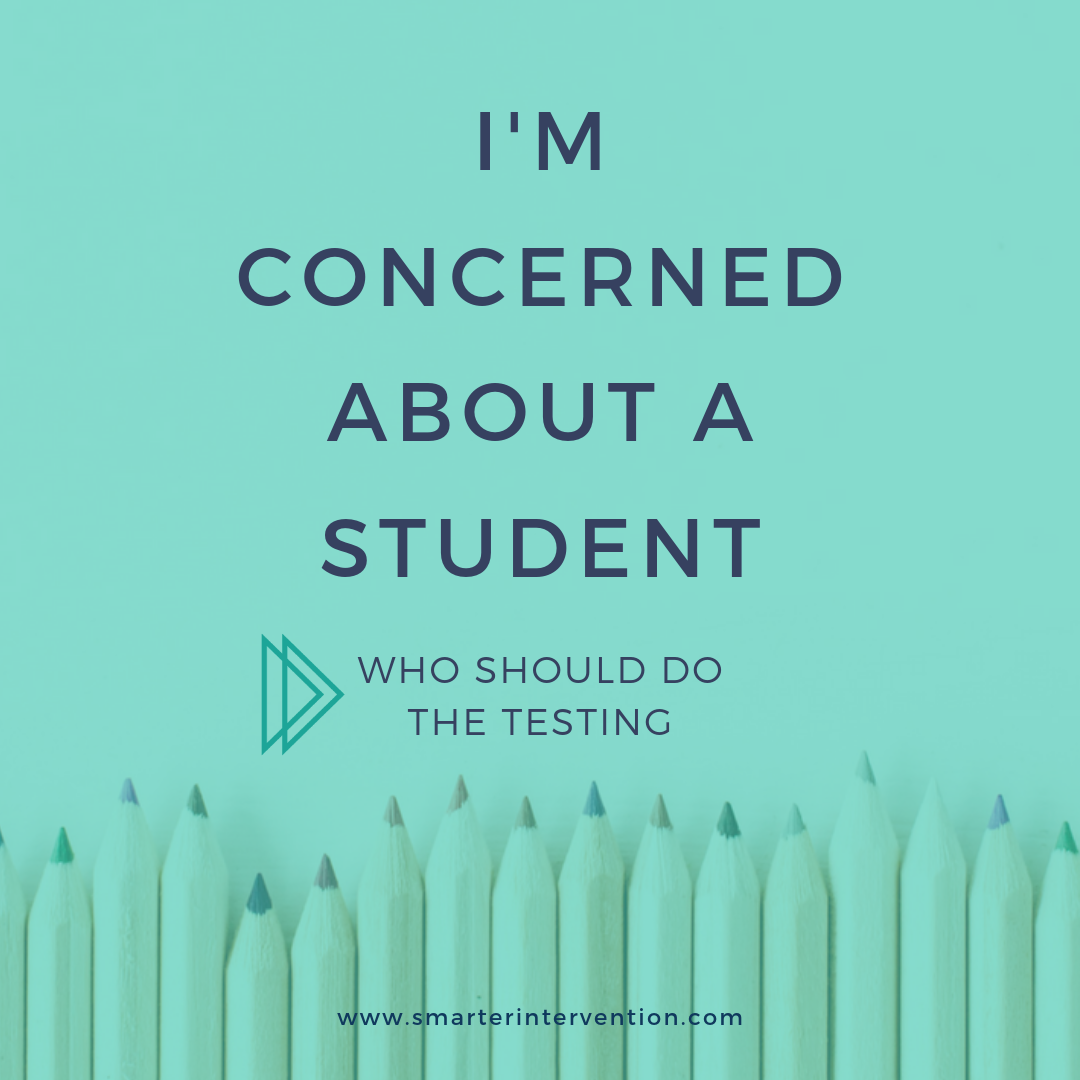Science-based literacy resources and articles
for families, educators and schools
Search by Category:
Categories
- Advocacy
- Authentic Literature
- Business
- Comprehension
- Data Tracking
- Differentiation
- Dyslexia
- Evaluation and Assessment
- Executive Functioning
- Games & Activities
- Helping My Child At Home
- How To
- IEP/504 Plan
- Lesson Planning
- Math
- Online Intervention
- Organization
- Parents
- Phonics
- Phonological Awareness
- Reading Comprehension
- Reading Fluency
- Research
- SLP
- Spelling
- Vocabulary
- Writing
The Different Kinds of Reading Disabilities
Many students struggle to learn how to read effectively or efficiently.
RESEARCH INDICATES THAT THERE ARE THREE DIFFERENT TYPES OF READING DISABILITIES.
These three types of disabilities relate to (if you know us…you’re probably guessing it right now!!!)
YEP…..
The Literacy Processing Triangle
How to Interpret Evaluation Results
Today we wanted to take a little time to discuss how to interpret evaluation results, specifically how to determine whether a students standardized, norm-referenced test scores fall within the average range.
When we look at interpreting evaluation results, there are a number of things we need to consider but the first thing we absolutely must consider is whether scores are falling into an expected area or not. This requires that we go back to our statistics class in understanding the standard bell curve.
What is Dyscalculia?
Dyscalculia (dis-cal-Q-lee-uh) is another term that is used synonymously with Specific Mathematics Disorder.
Basically, it can be used to describe a student or adult who struggles with mathematic concepts and their foundational constructs. When we consider dyscalculia, we have to think about all the requirements of mathematics. Mathematics requires an incredibly complex set of skills that require multiple connections in the brain to come together quickly.
What is Dysgraphia?
Dysgraphia is another term that is used synonymously with Disorder of Written Expression.
Basically, it can be used to describe a student or adult who struggles producing written content for a number of specific reasons.
When we consider dysgraphia, we have to think about all the requirements of writing. Writing is an incredibly complex task that requires multiple connections in the brain to come together quickly.
Why Can't My School Diagnose Learning Disabilities?
So often we hear from frustrated parents that they are receiving a run-around from their school. As a parent, when our child is struggling we want answers.
However, it can be complicated and sometimes it feels like you’re being told different things by different people!
How to Set Appropriate IEP Goals for Reading & Writing
In order to close the gap, we need to have appropriate goals based on individual student needs. As part of an IEP goals are set in specific areas. If a student is struggling in a specific area (e.g., language skills, motor ability, reading, writing, math, etc) they should receive goals in those specific areas.
Two Types of School Based Student Support - IEPs vs 504 Plans
As you know, we are obsessed with helping students reach their highest potential. In order to do this you must follow the ASSESS -> DESIGN -> IMPLEMENT framework. First, we must assess students with a combination of formal and informal assessment measures. Then we must design an appropriate plan and finally, we must implement the plan at the highest level.
Understanding the Necessary Neural Connections for Literacy Acquisition
Okay everyone, we’ve got some heavy stuff for you this Friday. But here’s the thing we are super amped up about it right now because we are at the International Dyslexia Association National Conference and just had the opportunity to present this information about our favorite thing since sliced bread.
Accommodations, Modifications, and IEP Service Times - Oh My!
One of the most challenging things about walking into an IEP meeting for both parents and educators is that there are so many things you need to be considering.
This Week:
We are so excited to share with you this printable that we have that helps us to organize IEP Services.
Organizing an IEP/504 Plan Binder
As a parent, one of the most important things you need to do if your child is receiving support services from the school is to make sure you are organizing all of that paperwork! Whenever you have formal documentation it can be incredibly valuable long-term for your child.
For example, it can help you qualify your child for ACT/SAT accommodations or college supports if that is the direction they want to go. Alternatively, it can help your child qualify for supports in their job or career later on.
My Child Has Had all This Testing - I Still Don't Know What it Means!
First, I want to start by saying this is NOT your fault. So often parents come to us feeling frustrated or upset that they just don't understand all the testing and data that has been provided. This isn't because of you - it's not your wheelhouse, and that is ABSOLUTELY, 100% okay.
There are so many tests that tell us so many different things and it can be so hard to interpret all of it.
What's the Deal with All This School Testing?
So often parents ask us the purpose of all the testing that is going on at school. It may seem like the academic calendar is based around preparing for the tests and then preparing for the results of the tests to come in, and just anxiety all around for students and teachers. So we wanted to take a moment to talk about the different types of testing that may be going on and the purpose of each different type of testing.
How Do I Make Sense of IEP or Private Testing Data?
Uncover the mystery of interpreting IEP scores! Learn the purpose and significance of Language, Cognitive, Academic, Social/Emotional, and Motor Functioning tests. Navigate the realm of Standard Scores and percentiles to understand your child's performance compared to their peers. Unlock the secrets of educational assessments with this comprehensive guide!
School Testing Vs. Private Testing - What's the Difference?
If you are concerned about your child's academic progress, you have a number of options to consider. We talked about the process for getting help from the school here: How Do I Get Help From the School?
So the next thing you may be wondering is:
I'm Concerned About a Student - Who Should Do the Testing?
Discover 8 key signs indicating it may be time to refer students for testing. Understand the benefits and drawbacks of referring to your school's evaluation team versus a local psychologist. Make informed decisions to support struggling students effectively. Access our free course for comprehensive intervention strategies!
The #1 Reason You Should Consider a Private Learning Evaluation
As a parent it can be so difficult to know how to support your child. Do you have the school do all of their testing? What does that testing show? How do you really know whether or not your child is on track? What if test scores don't match the brilliance and/or struggle you are seeing at home?
This month we will be diving into several of these issues as we really focus on the differences between:
Better Reading Goals for Your Child's IEP
After you have fought long and hard for your child's IEP - you want to make sure that the goals your child's intervention team are working on actually make sense. It's easy to fall into the trap thinking that once your child's IEP is in place everything will be taken care of, but unfortunately, more often than not - it just isn't the case. In case you missed it - we talked about 3 Reasons Your Child Isn't Understanding What She Reads.
Is Ear Reading Really a Thing?
A hallmark of dyslexia is an inconsistency between a child’s reading level and oral language level. Often, dyslexic students are highly verbal; talkative, inquisitive, articulate, and have amazing vocabularies!
One of my all-time favorite students who happened to be dyslexic had the most amazing vocabulary as a young student, he still does today! He would hear a new word used in the context of a book or adult conversation and immediately add it to his repertoire.



















